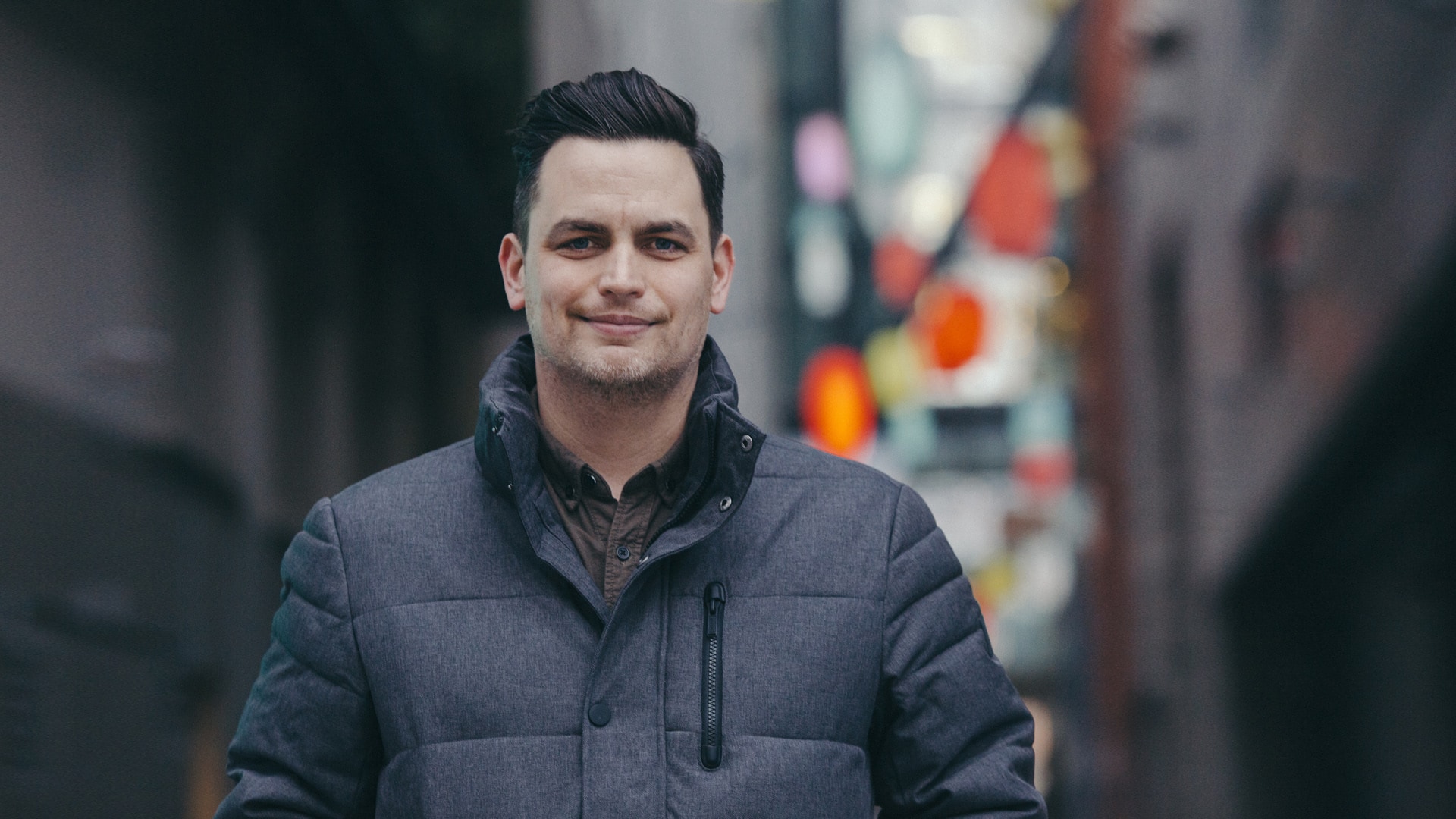“What’s normal to you isn’t normal” said my doctor. These words were a game-changer. Depression has been a part of my life for the past 10 years. I usually described it as “mild depression.” It was circumstantial at worst. But at the beginning of this year, my doctor diagnosed me with severe depression. She spoke seriously but with a great deal of compassion as she helped me come to terms with what depression actually looks like in my life. Her thick Irish accent helped ease the news. My depression wasn’t just circumstantial issues — although they do play a part — but physiological.
I always thought I could think my way out of depression, and it led to frustration and shame when things didn’t improve. The problem is that this approach treats the mind like it’s separate from our bodies. The mind is a part of our bodies. Since depression is physiological, trying to ‘think better’ isn’t always enough. My diagnosis was freeing. In a way, I was given the gift of a new language. I never knew how to describe the sense of hopelessness and purposelessness that would weigh me down. I never could explain that it would happen for no apparent reason. I didn’t even know how to articulate what I was feeling. But I’m now finding words to describe my experience.
I have a lot of support in place. I’m now on medication. I also see a great counsellor. I exercise regularly and have adapted my diet. I have supportive friends and family who check in on me and listen to me and pray with me. But at the end of the day, even with all these good things in place, I still have bouts of depression. I can still be overcome with hopelessness and at times an almost unshakable sense that nothing really matters. It’s like a cloud envelopes me and I begin aimlessly groping around in the fog. But the most important part is that I’m not alone and I don’t have to go through it alone. I can be in the darkness and trust the hands of those around me more than my perception of life in the moment. Most importantly, I’m grateful for a God who meets us in the darkness and is with us even there. I’m sharing this because it’s Mental Illness Awareness Week, and I want you to know: you’re not alone. Help is always available. Stepping out into the light hurts the eyes at first but it changes the grip darkness can have on us.
— Alastair

